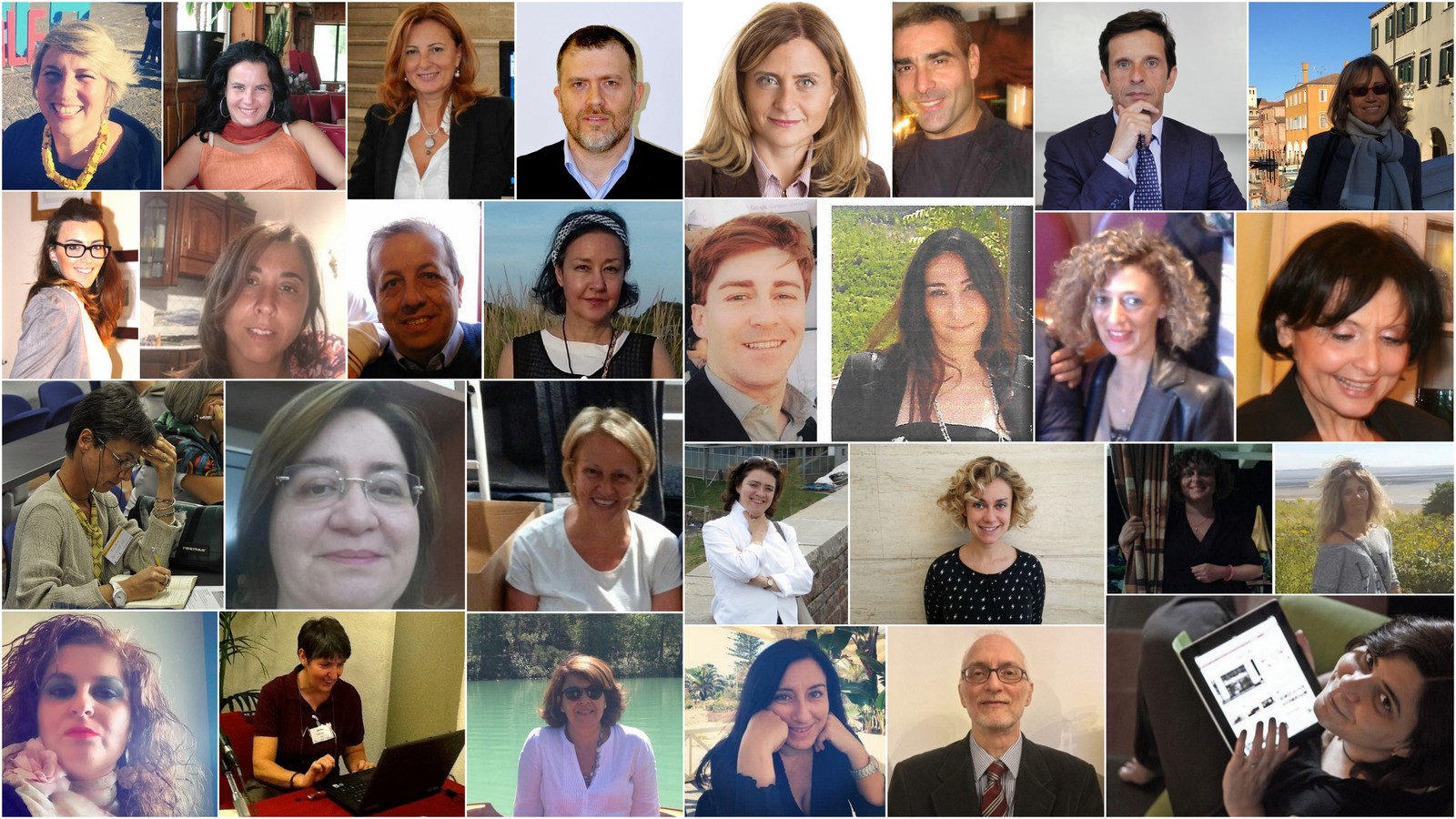Jury members
Jury members are selected on the basis of their knowledge and experience in the various GJC thematic areas (innovation, education, social inclusion, etc.). The Jury will be divided into workgroups to evaluate the projects.
Evaluation – General Criteria
Eligible projects will be evaluated in terms of the innovative use of new technologies and their contribution to the development of 21st century education and social inclusion. Jury members will have to identify the most innovative and exciting projects that adopt an efficient approach to the diffusion of new technologies, also in relation to their operative context and technological, didactic, social, etc. contributions.
Jury members will look for projects that:
- Stimulate the use of new technologies amongst the young;
- Improve the quality, practice and efficiency of didactics through the use of new technologies both inside and outside of the classroom;
- Improve the quality of life and provide new opportunities to schools and the more disadvantaged sectors of society;
- Help match the supply and demand of work through new training and recruitment methods;
- Contribute to equal opportunities;
- Improve international cooperation and exchange;
- Produce concrete results.
Evaluation – Specific Criteria
Jury members will be asked to assign a numerical vote (1-10) to express their judgement on the following areas: innovation, users, impact and adaptability.
In particular:
INNOVATION – jury members will assess the innovative qualities of the projects in terms of their social reference context. This does not only address the technological aspect of a project.
Jury members must ask themselves:
- How innovative is the project, in general?
- How innovative is the project in terms of: use of new technologies; involvement of stakeholders (both internal and external); models and approaches to development; project results?
USERS – jury members must assess whether the project satisfies the needs of its users.
Jury members must ask themselves:
- Is the project truly useful? Does it satisfy the needs of the users?
- Is the project easily accessible to all its users?
- How does the project guarantee new opportunities for users? Their participation in the project?
IMPACT – jury members must assess the impact of the project in terms of education and/or social inclusion.
Jury members must ask themselves:
- How many individuals and organisations are involved in the project? How did it do this from a qualitative and quantitative point of view (i.e., how did the project influence relations, alliances, forms of work, etc.)?
- To what extent did the project stimulate the use of new technologies for didactic innovation and social inclusion?
ADAPTABILITY – jury members must evaluate to what extent the project may be adapted to other contexts and create new opportunities for new protagonists.
Jury members must ask themselves:
- Does the project have the potential to be adapted to other contexts? Has it already been replicated?
- What can other users learn from this project?
- What actions have been undertaken by the participants to transfer/share their project with others?
THE FULL JURY OF 2017 EDITION

Anna Pelliccioni | Alice Avallone | Carla Asquini | Linda Giannini | Maretta Damiano | Angela Arsena | Mariagrazia De Castro | Daniela Di Donato | Annamaria Bove | Spernzina Ferraro | Lara Ferrari | Paola Degani | Carmine Nasti | Marzia Angelucci | Valentina Cucino | Antonietta Zancan | Irene Sensales | Carmine Nigro | Dorina Marin | Antonietta Renzi | Ersilia Molini | Flora Di Martino | Flavio Scaglione | Leandro Aglieri | Preeti Gahlawat / Francesco Zumbo | Marina Cabrini | Matei Dan | Anna Rita Vizzari | Lorenzo Raffi | Anna Maria Piccardo | Paola Macaluso | Federica Basile | Claudia Curci | Giula Di Michele | Angela Fisichella | Anna Lisa Colaiacomo | Michele Perna | Daniela De Blasio | Rosy D'Elia | Cecilia Stajano
